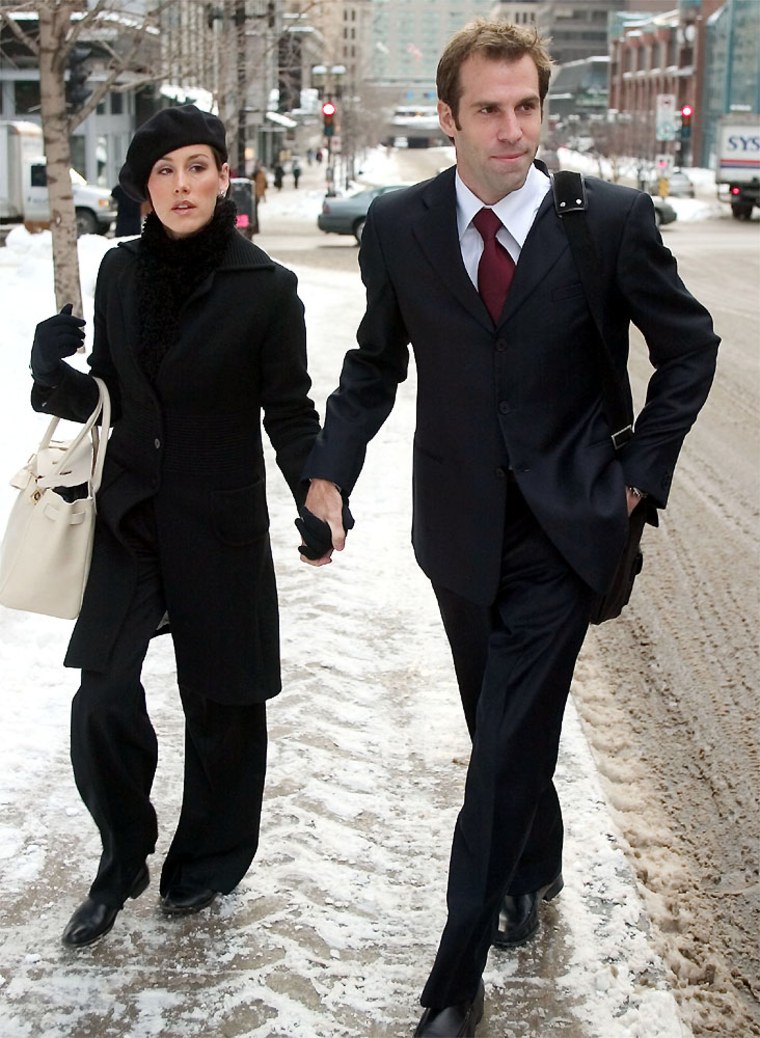It is now 24 days since Greg Rusedski had his day in court. But the British No. 2 has yet to hear whether he will be banned by an Association of Tennis Professionals disciplinary board after testing positive for the steroid nandrolone.
Yet while he awaits a decision that could have a devastating effect on his career — and might even end it — tennis is still coming to terms with a case that has either exposed widespread use of banned substances or, what seems more likely, the accidental doping of players by their own governing body, the ATP. It has also caused a deterioration of relations between the organisation and its players.
The ATP, which has the unusual role of both organizing the men's tennis tour and acting as the players' union, this week established a taskforce on supplements, which are believed to have been the source of excessive nandrolone found in more than 40 players during the past year.
The taskforce includes 10 leading players, including Andre Agassi and Britain's Tim Henman, and medical experts. It will be chaired by Jan Leschly, the former chief executive of pharmaceutical group SmithKline Beecham and a former top-10 tennis player. Its aims are to advise players on reducing the risk of inadvertent doping from nutritional supplements, and to establish better labelling and quality control of such products.
But within 24 hours of the announcement of the task force, Guillermo Coria, the world's fourth-ranked player, said he would support a tournament boycott if Rusedski, 30, were banned. The Argentine was himself banned for seven months three years ago after testing positive for nandrolone.
His comments followed those of Spain's Alex Corretja last month, who said he would sign a petition for Rusedski and added: "It could happen to any player and I would like to have my fellow players doing that for me."
Rusedski's defense is believed to have been that the "analytical fingerprint" of his positive sample was identical to that of seven players cleared last year for excessive nandrolone because the substance may have come from supplements supplied by ATP trainers.
The ATP on Wednesday played down the concerns of Coria and Corretja, and said the task force would deal with these issues. David Higdon, ATP communications vice-president, said: "I am not worried [about player unrest], I am pleased to see that players are understanding of our concern about this issue."
Higdon also denied that the ATP faced a conflict of interest over doping, in both policing players and representing their interests.
He added that there was no indication yet when the tribunal would deliver its verdict. "It is their timetable, we know no more than you do."
Sharon Park, Rusedski's spokeswoman, said he had no comment on the support from Coria and Corretja. "We are just waiting for the verdict," she said. "It is three weeks last Monday [since the tribunal] and it is a long time to wait."
